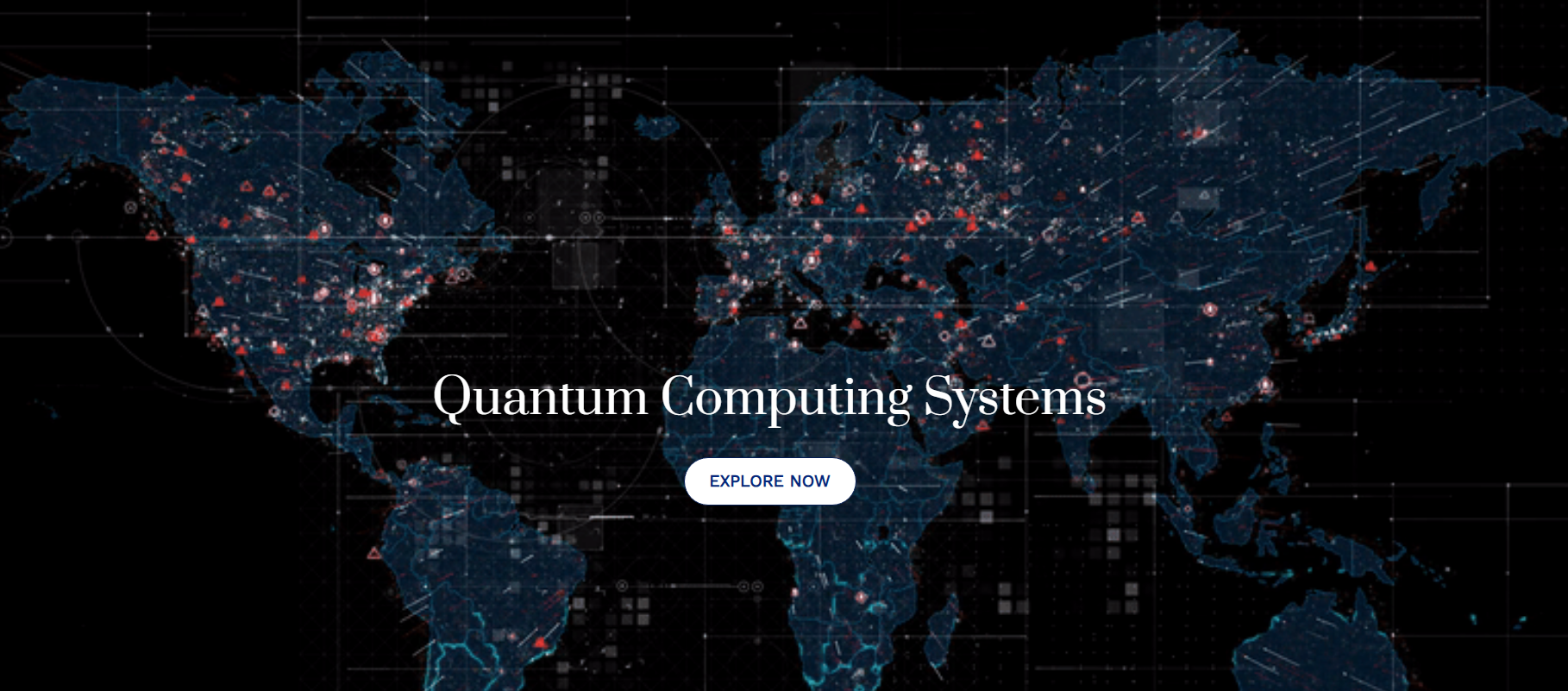Money laundering is a serious issue that affects financial systems worldwide. Despite efforts to combat this illicit activity, it continues to thrive in the shadows of the finance industry. In this article, we will uncover the dark side of finance and delve into the truth about money laundering.
What is Money Laundering?
 Quantum Computing Systems
Quantum Computing Systems
Money laundering is the process of disguising the origins of illegally obtained money, typically by passing it through a complex sequence of banking transfers or commercial transactions. This allows criminals to legitimize their illicit funds and integrate them into the formal economy.
Common Methods of Money Laundering
 Make An Additional $1,000 - $3,000 Per Day In Passive Income On Complete Autopilot In 2025
Make An Additional $1,000 - $3,000 Per Day In Passive Income On Complete Autopilot In 2025
There are several methods that criminals use to launder money, including:
- Structuring cash deposits to avoid reporting requirements
- Using shell companies to disguise the source of funds
- Investing in high-value assets such as real estate or luxury goods
- Using cryptocurrency to transfer and conceal funds
The Role of Financial Institutions
 Attracts Money To You
Attracts Money To You
Financial institutions play a crucial role in the fight against money laundering. Banks and other financial entities are required to implement anti-money laundering (AML) measures to detect and report suspicious transactions. However, some institutions have been known to turn a blind eye to illicit activities in pursuit of profits.
The Impact of Money Laundering
Money laundering has far-reaching consequences that extend beyond the financial sector. It enables organized crime, terrorism, and corruption to flourish, destabilizing economies and threatening national security. Additionally, money laundering can have negative effects on legitimate businesses and consumers by distorting markets and increasing costs.
Global Efforts to Combat Money Laundering
International organizations, such as the Financial Action Task Force (FATF), have been established to set standards and promote cooperation in the fight against money laundering. Countries around the world have implemented laws and regulations to prevent and punish money laundering activities, but enforcement remains a challenge.
The Future of Money Laundering
As technology continues to evolve, so too do the methods used by criminals to launder money. Cryptocurrencies, online banking, and other digital platforms have created new opportunities for money laundering, posing a formidable threat to global financial systems. It is imperative that regulators and financial institutions adapt and innovate to stay ahead of the curve.
Conclusion
Money laundering is a pervasive issue that undermines the integrity of financial systems and fuels criminal activities worldwide. By shedding light on the dark side of finance and raising awareness about the truth of money laundering, we can work together to combat this illicit practice and protect the integrity of our financial systems.

